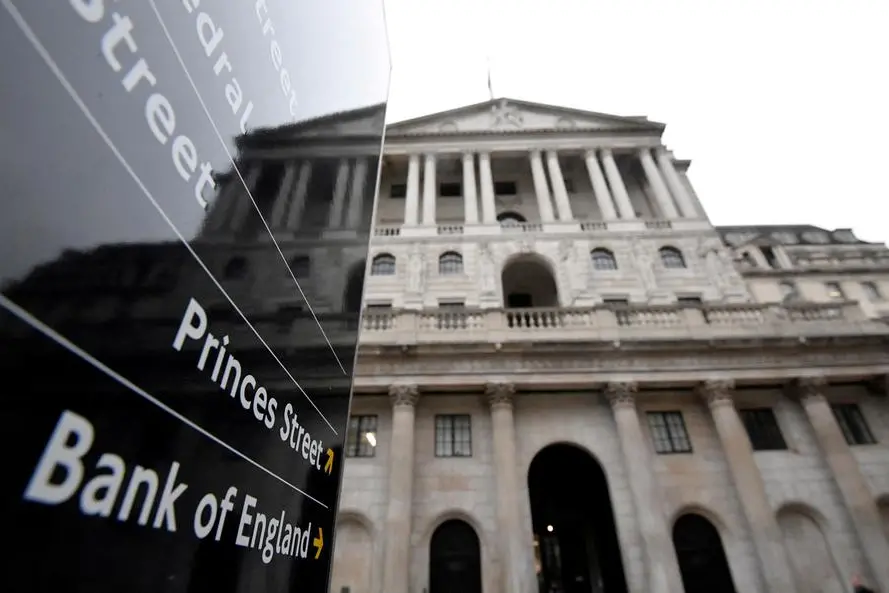PHOTO
Lending to British consumers rose last month by less than expected and the number of mortgages approved by British lenders eased back, according to Bank of England data on Monday that point to tougher times ahead for Britain's economy.
The BoE said net unsecured consumer credit rose by 745 million pounds ($861 million) in September, the smallest monthly increase since December 2021, following a 1.215 billion pound increase in August. A Reuters poll of economists had pointed to net lending of just under 1 billion pounds.
Mortgage approvals totalled 66,789 last month, down from 74,422 in August, the BoE said, broadly in line the forecast in a Reuters poll.
"September's money and credit figures point to further signs that consumers have been become more cautious in response to the weakening economic outlook," said Ashley Webb, UK economist at consultancy Capital Economics.
The BoE figures showed a huge jump in the money supply, which on the M4 measure rose by 2.1% in September alone.
The last time there was a bigger increase was in March 2020, when financial market turmoil early in the COVID-19 pandemic led to a squeeze on money market funds which had to sell assets such as government bonds and Treasury bills for cash.
September's jump likely reflected a fire-sale of pension fund assets to meet collateral calls in the wake of the ill-fated Sept. 23 economic growth plan, from the government of former Prime Minister Liz Truss.
The sub-category of M4 which covers companies like pension funds and life assurance firms jumped by a record 67.8 billion pounds in September, more than double the previous record. ($1 = 0.8656 pounds)
(Reporting by Andy Bruce; editing by David Milliken, William Maclean)





















